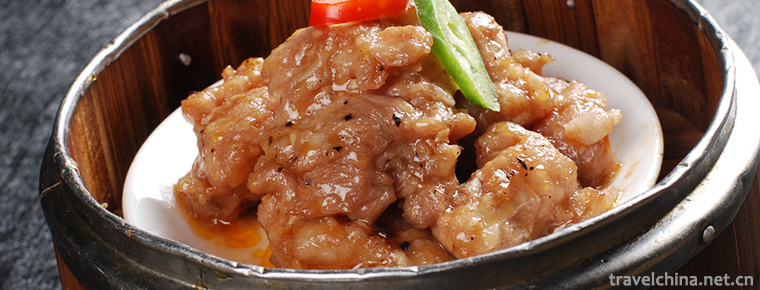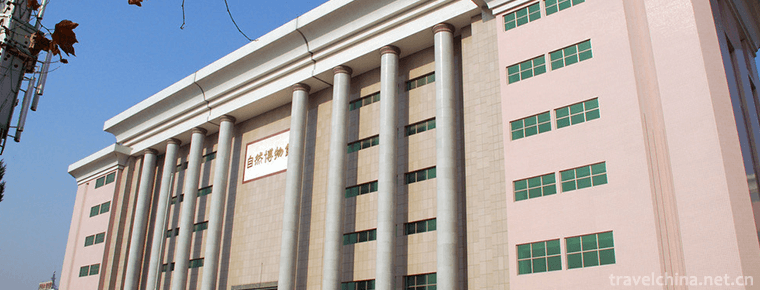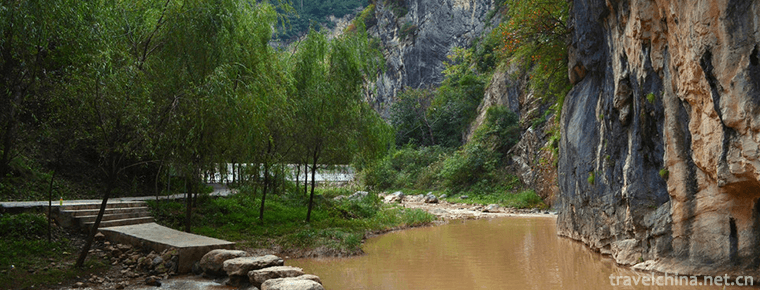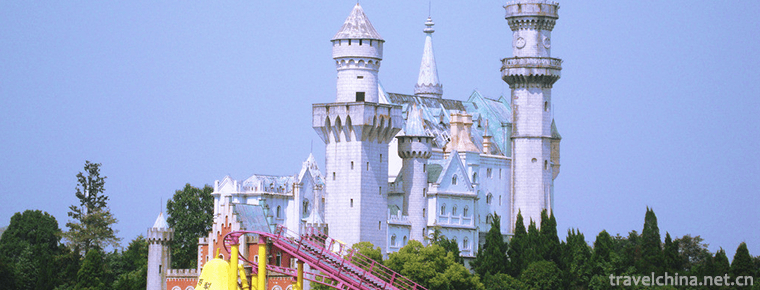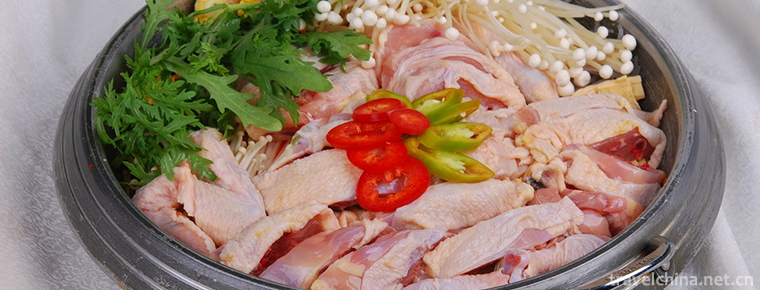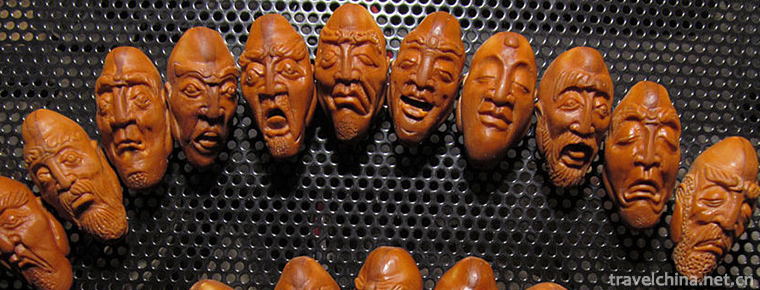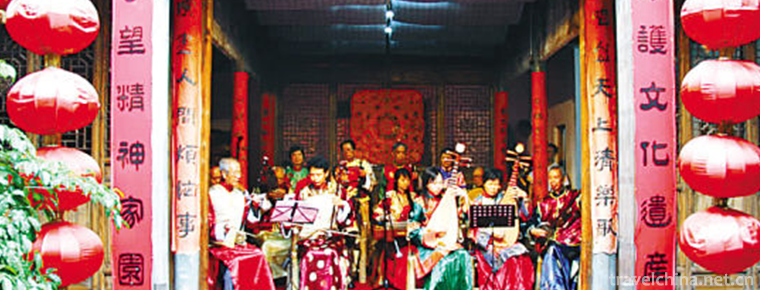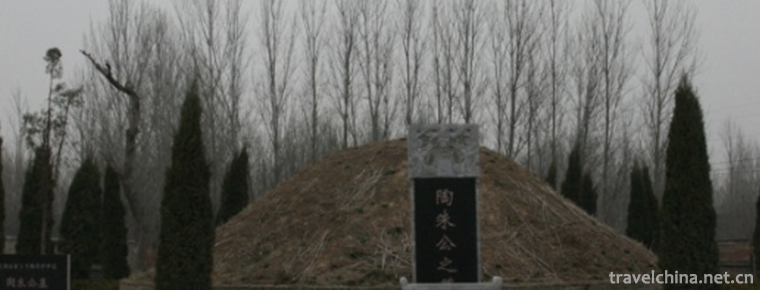Meat rustles
Meat rustles
"Meat Lianliang" refers to the native minority local dance variety in Lichuan City, Hubei Province, which takes the unique body performance as the main form. It is popular in the city's Duting, Boyang and Wangying areas. The dance is named for the rhythmic sounds emitted by the forehead, shoulder, face, arm, elbow, waist, leg and other parts of the palm.
"Meat Lianliang" used to be called "Meat Lianxiang", which is similar to the traditional folk dance "Da Lianxiang". Because dancing is featured by the sound of its physical touch, the villagers are accustomed to call it "flesh sound". "Meat Lianliang" dance is humorous and lively, which is welcomed by the masses. However, because of the difficulty in performing and the high demand for action, there are few practitioners.
On June 7, 2008, Lichuan City of Hubei Province declared that "Meat Lianliang" was listed in the second batch of national intangible cultural heritage list with the approval of the State Council. Heritage serial number: 649 III-52.
artistic characteristics
Art Development
Before liberation, "meat ringing" was only a means of begging. The purpose of the performance was to win the joy and sympathy of the host and hope for charity. After liberation, according to Wu Xiufu, a 78-year-old master of folk art, who taught a group of young masters by his own words and deeds, the "Meat Lotus Sound" gradually became one of the ethnic folk dances for Tujia villagers to celebrate the harvest and activate the market. In the process of inheritance and development, "Meat Lotus Sound" has blended into folk dance movements and charm such as Yangko Dance, Playing, Funeral Dance, Bamboo Lotus Hunan, and correspondingly matched with the music tune of "Lotus Flower". The lyrics are compiled and sung by dancers according to their needs, so as to make them more full of interest and the audience's on-the-spot interactive mood, and gradually developed into a kind of song. The unique popularity and rooted in the people's folk dance.
Performing Form
"Meat Ring" is mostly performed by men. The venue is open to all sizes. Because of the close relationship between movement and sound, the performers only wear vest, shorts or bare arms. They need neither props nor more clothes, so they are easily accepted by most people. Its main movements are "Yangkobu", "Put on your hands and suck your legs", "Turn around with trembling steps", "Doubles", "Ten Rings", "Seven Rings", "Four Rings" and "Three Rings". The performance of "Meat Ring" is lively, humorous, lively and free. In terms of rhythm, we should pay attention to "circular rotation" and constantly change the body tilt angle along the position of the collision, so as to harmonize gently and beautifully. Although there is no singing cavity or accompaniment, the oral reading is short and has its own characteristics. According to the needs of singing, the artist adds the sound accompaniment of tongue, which adds to the joyous atmosphere of dancing.
Inheritance and Protection
In Lichuan Mountain City, there is a well-known "Wu referee". He is famous for playing amateur basketball referee for many years. Everyone knows that he can jump meat repeatedly.
The name of Wu Judge is Wu Xiufu, a Tujia nationality. He was born in Lichuan City on October 12, 1928, on the lunar calendar. When he was thirteen years old, he went to Duting Primary School. He read three times and four times directly, and only read for one year. Then I went to the newspaper twice to work as a printer and a miscellaneous worker. At the beginning of the liberation, he served as a soldier for three years in Western Hubei, mainly on guard for the special department. He has been engaged in haircutting all his life. He started to use a razor at the age of 17. He has been skilled for more than 50 years. After his haircut, he became an amateur referee and served the basketball court enthusiastically.
Wu Xiufu loved literature, art and sports from childhood. When he studied haircut, he often went to the theatre to play basketball. He was often scolded by his master. At that time, there were often folk artists performing in the city. Wu Xiufubian watched and learned about Dragon Boat tune, play and Lianxiang. He learned very well. Sometimes I have learned to ask artists for Lyric materials. I often spend a lot of time with others until I get what I want. When Wu Xiufu was young, Mou, a barber with him, often learned to do the "clay God way" action. The "clay God way" is a way of begging for money by the poor in the old society. The beggars were naked and covered with mud. They were beaten with both hands and splashed with mud. Where the beggar goes, which one is forced to give money to make the beggar leave early. Wu Xiufu saw that it was interesting for Master Mou to learn to do the "clay God way" and imitated it. As long as the haircut is idle, he compares and deliberates on his dancing skills. He often stripped naked, clapped his hands on his body, hummed and sweated. Numerous exercises, countless guesses, made him have a strong interest in this dance, and formed a certain routine. Later, he tried to integrate Yangko dance, juggling, funeral dance, Lianxiang and other folk dances into a rhythmic sound by tapping shoulders, arms, forehead, elbows, crotch, legs, feet and other parts. Its dance movements and sound effects are similar to those of Da Lianxiang. Because no props are used, only rhythmic sounds occur when the hands contact with various parts of the body, people call this dance "flesh continuous sound". As soon as he was free, Wu Xiufu wrote and practiced by himself to entertain himself, so as to make dancing movements skillful and stereotyped. As soon as he had the chance, he showed his hands and made numerous public appearances, which gradually influenced and formed the climate.
It is precisely because of his outstanding contribution to the inheritance of meat for many years that he was awarded the honorary title of "Master of Folk Art" in Enshi Autonomous Prefecture.

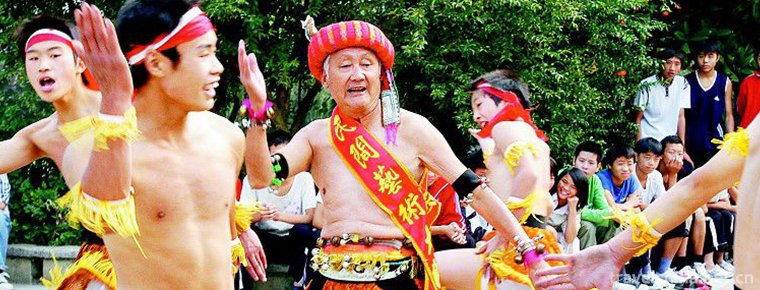
Meat rustles
-
Black bean steamed pork ribs
Steamed pork ribs with lobster sauce is a traditional dish with color, aroma and taste. It belongs to Guangdong cuisine department. Cut the chopped pork ribs and add the marinade
Views: 279 Time 2018-11-02 -
Shandong Tianyu Natural Museum
Shandong Tianyu Natural Museum is located in the western section of Lianhuashan Road, Pingyi County, Linyi City, Shandong Province. It is the largest natural geological museum and the largest dinosaur
Views: 765 Time 2019-02-08 -
Xigaosong Scenic Spot
Xiqiaosong Scenic Area is located at the foot of Tianjing Mountain, 13 kilometers west of Chengxian County, in the middle of Yuqiaoxia, a national AAAA-level tourist attraction
Views: 207 Time 2019-02-25 -
Changsha window of the world
Changsha World Window is located on the Liuyang River in the northeastern suburb of Changsha City, Hunan Province. It is a cultural theme park jointly invested by Hunan Radio and Television Media Co.,
Views: 194 Time 2019-03-17 -
Ginseng Chicken Hotpot
Wash ginseng, boil it in a little water, take out slices, and cook it in the original pot for 15 minutes. Still soak it in the original soup. All the above ingredients except hen nuggets and ginseng s
Views: 259 Time 2019-03-24 -
Stone carving
Stone carving is a traditional Chinese folk micro-sculpture process. The peach stone, apricot stone, olive stone and walnut are carved into handicraft products, which have been listed in the second ba
Views: 267 Time 2019-05-03 -
Tune in the sea
Linhai Ci Tune, also known as Taizhou Ci Tune, Talent Ci Tune and Xianhe Tune, is developed from Nanci, Kunqu and Taizhou local folk minor. It is one of the folk songs of Taizhou, Zhejiang Province. I
Views: 265 Time 2019-05-13 -
Tao Zhugong Legend
Tao Zhugong's legend originated from Dingtao, Shandong Province, and is widely spread among Chinese people and Chinese businessmen in the world. It has a history of more than 2500 years. Tao Zhugong,
Views: 173 Time 2019-06-18 -
Chuzhou University
Chuzhou University is a full-time general in Anhui province. Undergraduate Colleges Yes. Anhui higher education revitalization program "Local application type" High level University Construc
Views: 169 Time 2019-11-09 -
China lantern Museum
Located at No.6, Gongyuan Road, Zigong City, Sichuan Province, China lantern museum is a special institution for "collection, protection, research and display" of Chinese lanterns approved by the State Administration of cultural relics (92). It is the only professional museum about lantern culture in China and even in the world.
Views: 363 Time 2020-10-15 -
Tiantai Mountain in Qionglai
Tiantai Mountain Scenic Area in Qionglai is located in the southwest of Qionglai City, the hometown of Wenjun. It is the habitat of Sichuan Giant Panda. It is 110 km away from Chengdu City and 45 km away from Qionglai.
Views: 206 Time 2020-11-05

